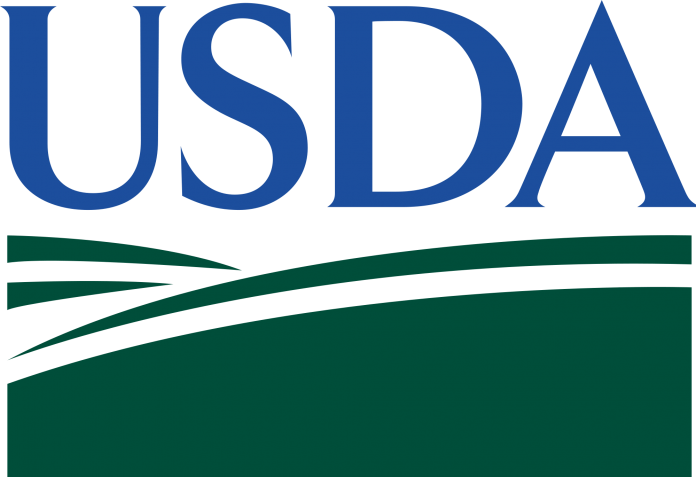

What is Biosecurity?
Biosecurity refers to everything that’s done to keep diseases and the pathogens that carry them – viruses, bacteria, funguses, parasites and other microorganisms – away from birds, property, and people. This includes:
- Structural biosecurity: measures used in the physical construction and maintenance of coops, pens, poultry houses, family farms, commercial farms, and other facilities.
- Operational biosecurity: practices, procedures, policies that are consistently followed by people.
Biosecurity is a team effort. Everyone involved in raising poultry must use structural and operational biosecurity to prepare for and prevent disease outbreaks throughout the U.S. Put simply: we have to work together to protect our flocks.
What can you do? You can make sure that biosecurity is practiced each and every day. By practicing good biosecurity, you can reduce the risk of infectious diseases being carried onto your property by people, animals, equipment, or vehicles – either accidentally or on purpose. You will also help protect other flocks by preventing the spread of disease.
Here are the basics:
- Keep visitors to a minimum. Only allow people who care for your poultry to come in contact with your birds, this includes family and friends. Keep track of everyone who is on your property at all times. Make sure everyone who does have contact with your flock follows biosecurity principles.
- Wash your hands before and after coming in contact with live poultry. In addition to potentially spreading disease from farm to farm or bird to bird, you can also spread germs such as Salmonella that can impact human health. Wash with soap and water (always your first choice). If using a hand sanitizer, remove manure, feathers, and other materials first because disinfectants will not penetrate organic matter or caked-on dirt.
- Provide disposable boot covers (preferred) and/or disinfectant footbaths for anyone having contact with your flock. If using a footbath, be sure to remove all droppings, mud or debris from boots and shoes using a long-handled scrub brush BEFORE stepping into the disinfectant footbath and always keep it clean.
- Change clothes before entering the poultry areas and before exiting the property.
Visitors should wear protective outer garments or disposable coveralls, boots and headgear when handling birds, and shower and/or change clothes when leaving the facility. - Clean and disinfect any tools or equipment before moving them to a new poultry facility. Before allowing service vehicles, trucks, tractors or tools and equipment – including egg flats and cases that have come in contact with birds or their droppings – to exit the property, make sure they are cleaned and disinfected to prevent contaminated equipment from transporting disease. Items that cannot be cleaned and disinfected – such as cardboard egg flats – must not be moved or reused.
- Look for signs of illness. Know the warning signs of infectious bird diseases.
- Report sick birds. Don’t wait. If your birds are sick or dying, call a local veterinarian, cooperative extensive service, or state veterinarian. USDA can be reached toll-free at 1-866-536-7593.
The Defend the Flock program provides practical tips and information from USDA and other experts for keeping poultry healthy. Visit the Defend the Flock Resource Center for tools and resources to make your daily and seasonal routines do double-duty to prevent the outbreak and spread of disease. Follow Defend the Flock on Facebook and Twitter for up-to-the-minute news and information.
Biosecurity is the key to keeping our nation’s poultry healthy. It’s a responsibility that we all share. Working together, we can defend all flocks from avian influenza and other infectious diseases.


















